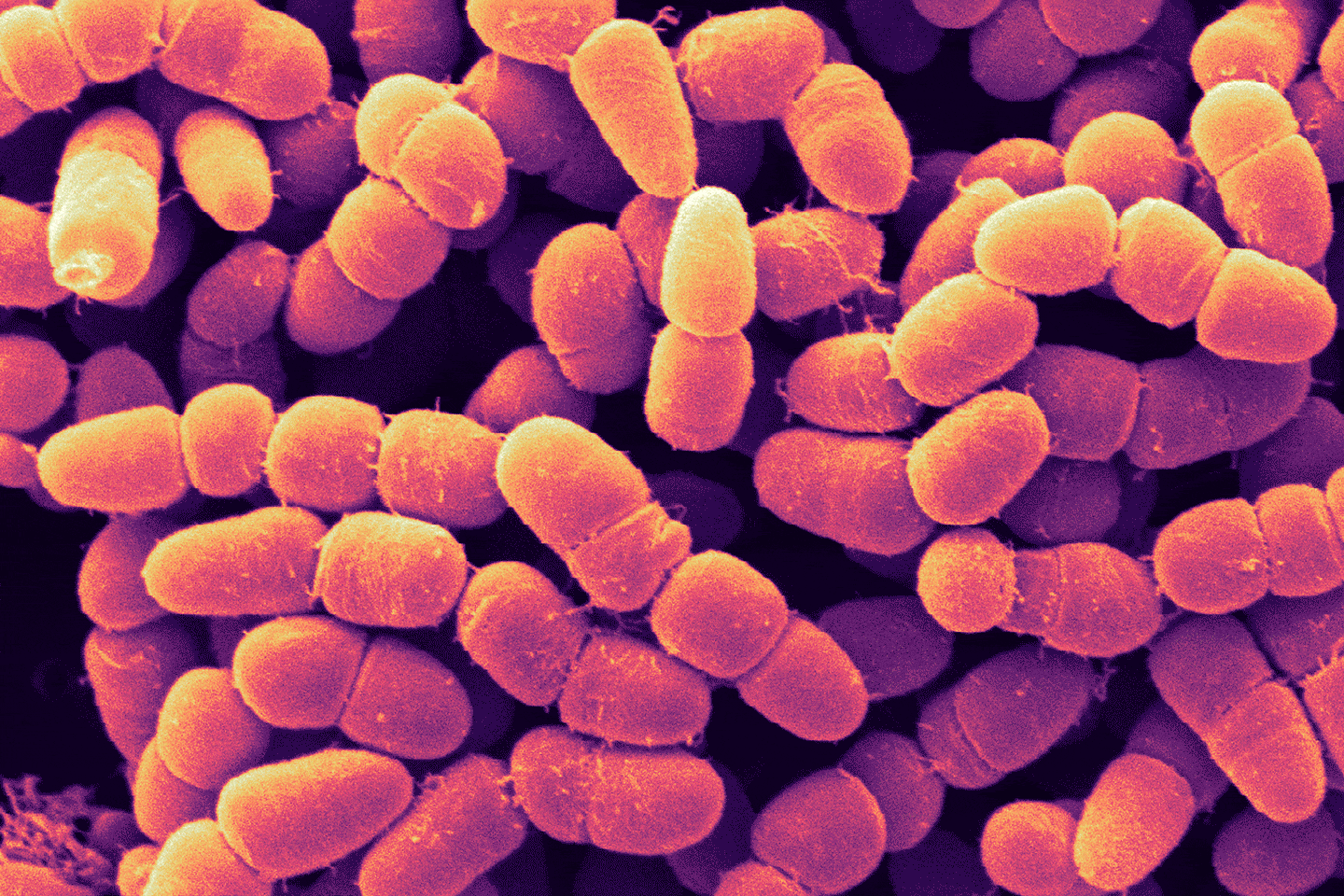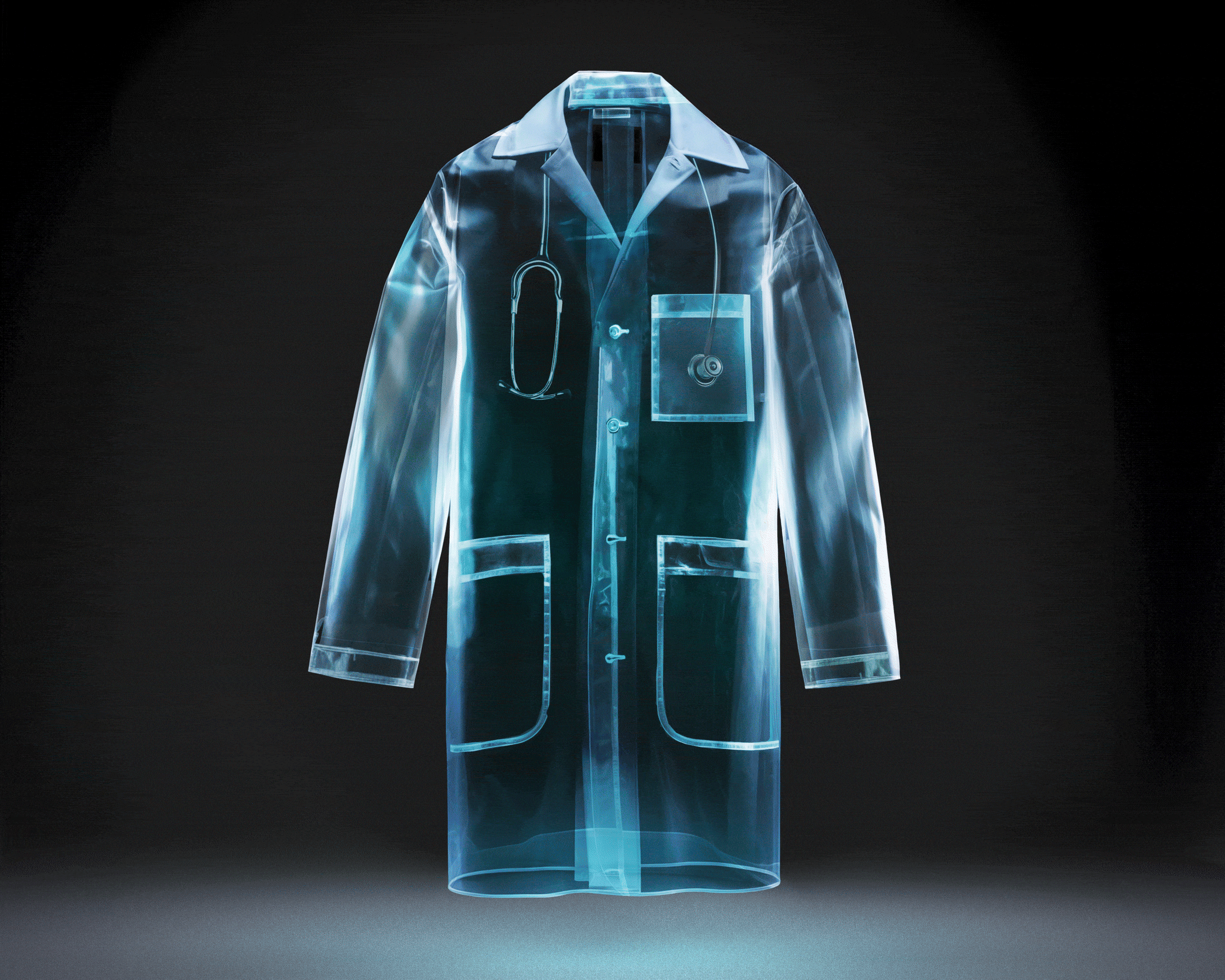Sham treatments that work even when you know they’re fakes.
When a new drug is being tested in a controlled clinical trial, half the patients get the real drug and half get a placebo, something harmless like a sugar pill or a saline injection. But patients on the placebo often improve anyway, and that’s because they expect that they’re getting the real drug, right? Well, no. Harvard professor Ted Kaptchuk’s research has exploded that explanation.
Placebos have an astonishing value, according to Kaptchuk’s research. They work even when people know they’re placebos. They can give patients the same negative side effects as real drugs. They affect areas of the brain involved in pain reception (such as the anterior cingulate cortex), memory (including the prefrontal cortex), and anxiety (the amygdala and other spots). Our response to placebos is at least partly determined by our genetic makeup.
After decades of studying these effects, Kaptchuk is now asking big questions about what they might mean. How could we better use the placebo, and how our brains react to it, as part of medicine and not just in experiments?
His understanding of placebos fundamentally changed with a 2010 study in which his team gave patients with irritable bowel syndrome a placebo with a twist: it was an open placebo. The doctors clearly told people that they were getting a placebo, and even made patients repeat that back to be sure they understood. Sixty percent of them later felt better anyway. A follow-up study in 2014 showed that open placebos helped people with migraines; a study in 2016 found that they reduced lower back pain.
This means the placebo effect is not just caused by patients consciously expecting that medication will help them. Something unconscious must be at work.
The role of the unconscious brain in the placebo effect is still not well understood, so Kaptchuk is involved in a German study run by Manfred Schedlowski at the University of Essen that aims to explore it. The study involves people who recently got kidney transplants. Like all such patients, they are being given immune suppressant drugs, to stop their bodies from rejecting the new organ. But in this trial, the patients are also given a bright green strawberry and lavender drink — “it’s pretty disgusting,” Kaptchuk says. Then the researchers bring patients down to a half dose of immune suppressant along with the strawberry-lavender drink to see if the patients still respond as if to the full dosage.
The study isn’t finished, but early signs are making the researchers cautiously hopeful. In all four patients who were in a pilot version of the study, the strawberry-lavender drink plus the drugs suppressed the immune system 20 to 40 percent more than the drugs alone.
The placebo effect isn’t magic. Cancerous tumors are indifferent to placebos. Essentially, the placebo effect seems to work only in situations that the brain creates or modulates.
And the most well understood of those situations is pain, largely because it’s easy to measure and create in the lab in healthy volunteers, Kaptchuk told me. Scientists once thought that pain happens to the body and that the brain passively senses it, but that’s not really how pain works, says Tor Wager, a neuroscientist at the University of Colorado who studies placebos. “Pain is constructed by your brain, not sensed by your brain.” This is not to say that pain is imaginary or that you can simply will yourself to get over it. But pain is not something that human brains measure consistently, the way a thermometer measures temperature. You sense pain when your brain interprets certain signals it receives from your nerves, and the level of pain you feel, or whether you feel any at all, can vary with the endorphins in your body, your emotions, and where your attention is focused.
Not all patients are game to take placebo painkillers, but in a 2013 survey, Kaptchuk and Sara Hull found that 60 to 70 percent of patients said they would be willing to take a placebo for moderate or chronic stomach pain if their doctor was honest with them about it.
But if pain is ripe to be treated with placebos, that may be just the warm-up act. Pain is far from the only response constructed by our brains, and Kaptchuk thinks placebos will affect other physical responses — cardiology symptoms and digestive symptoms such as nausea — even more strongly.
Kaptchuk and his former postdoc Katherine Hall think they have spotted a way to better harness the placebo response by more precisely understanding how it works and how it varies between people. They have identified a pathway of genes involved in the placebo response, which they call “the placebome.” It includes genes that help determine how dopamine and opioids function in the brain. This raises intriguing questions: are some people genetically predisposed to respond more to placebos? Could we treat those people more effectively if we knew who they were?
But just as there’s a lot more to learn about the genetics of placebos, there’s more to be done on the more touchy-feely side of the spectrum: what parts of the doctor-patient interaction contribute to the placebo response and affect medical outcomes? Kaptchuk, who was trained as an acupuncturist, has some theories about the role of the doctor. “It has to do with the gaze the person has, leaning in with the patient. It’s about fucking knowing the person’s name!” he says. These qualities may be hard to measure numerically, but they can still be observed and studied.
If pain is ripe to be treated with placebos, that may be just the warm-up act.
Even so, we’re barely using the placebo knowledge we already have. There’s not much stopping us from using open placebos more widely in medicine. The ethics of lying to patients to induce a placebo effect are debatable, even if the effect itself is medically helpful, but open placebos are honest. Doctors could use them instead of a “watch and wait” strategy. Open placebos could also fit in where patients insist on some kind of treatment but doctors know it won’t help, like when a patient with a viral disease pushes a doctor to prescribe antibiotics that will be useless against a virus.
The challenge, Kaptchuk says softly, is that “standards of care don’t change just because of the evidence, usually.” Doctors and nurses see themselves as people who give real drugs, not placebos. Medical professionals may need to create a new perception of themselves to concede that placebos are acceptable as treatment. In order for the power of placebos to be integrated into medicine, we are up against the thing that causes the placebo response in the first place: the human mind.



















